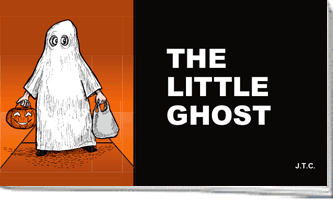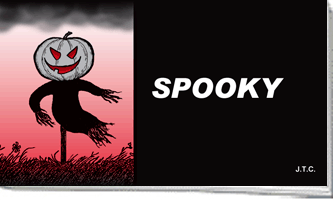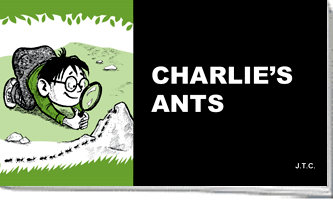Halloween: A Little Door to a Big Temptation
The Junior High Sunday school class was divided into two categories as they discussed the celebration of the upcoming Halloween. One group had been raised in Christian families and had been taught that to dabble in a sin broke down resistance to more serious involvement. The other group, from non-Christian backgrounds, did not see that a little experimentation, just to find out what it was about, was wrong.
As they discussed this idea, the teacher was able to show how Halloween provided that opening for many people. If a six-year-old has fun dressing up as a witch, then why would it not be okay to have fun joining a Wicca coven when she gets to high school? The Bible teaches us to flee even the appearance of evil. This is directly opposite the world's philosophy of "try anything once."
The modern custom of going from door to door asking for food and candy goes back to the time of the Druids. They believed that sinful, lost souls were released upon the earth by Samhain for one night on October 31st while they awaited their judgment.
They were thought to throng about the houses of the living and were greeted with banquet-laden tables. People greatly feared these spirits and thought that the spirits would harm and even kill them if the sacrifices they gave did not appease Samhain. They carved demonic faces into pumpkins or large turnips, placing a candle in them to keep the evil spirits away from their homes.
Irish records tell of the fascination the Catholic monks had with the powerful Druids, and Druids soon became important members of their monasteries. Pope Gregory the Great decided to incorporate the Druids' holiday into the church. He and other early popes combined it with Nov. 1, All Hallows or All Saints Day. The term Halloween comes from All Hallows Eve.
The founding fathers of America refused to permit the holiday to be observed because they knew it was a pagan holiday. Halloween was not widely celebrated in the U.S. until about 1900. In the 1840's there was a terrible potato famine in Ireland which sent thousands of Catholic Irish to America. They brought Halloween with them.
Christians who are saved out of the occult will tell you that they were in it for only one thing: power; the power to get something without having to work for it. Is that not the lesson we are giving our kids? Dress up to imitate one of Satan's adorable demons and you have power to go up to a complete stranger's door and demand goodies for free. As Christian parents, is this the philosophy we wish to implant in our impressionable youngsters?
We are not suggesting our kids sit home and stare at the wall. Instead, they should meet the other kids at the door with some candy and a gospel tract. What better way to turn the devil's holiday into a witnessing opportunity?
- See more articles on related topics:
- Halloween
- Other Subjects
- Tract Witnessing
Other Articles from September/October 1999:
More on Other Subjects:
Products of Interest:

Little Ghost, The
"I'm not afraid of you because Jesus loves me!" The simple Gospel to give young children on Halloween.
Spooky!
Mr. Hill planned to scare kids with his Haunted House, but what Sam said scared him so much, he decided to accept Christ.
Charlie's Ants
Through Charlie's ants, young readers learn that God became man to die for us. Great salvation message!
Warning, The
They ignored the simple warning. After all, it looked like such fun. The result was deadly, just like ignoring the warnings that God gives us about sin.



